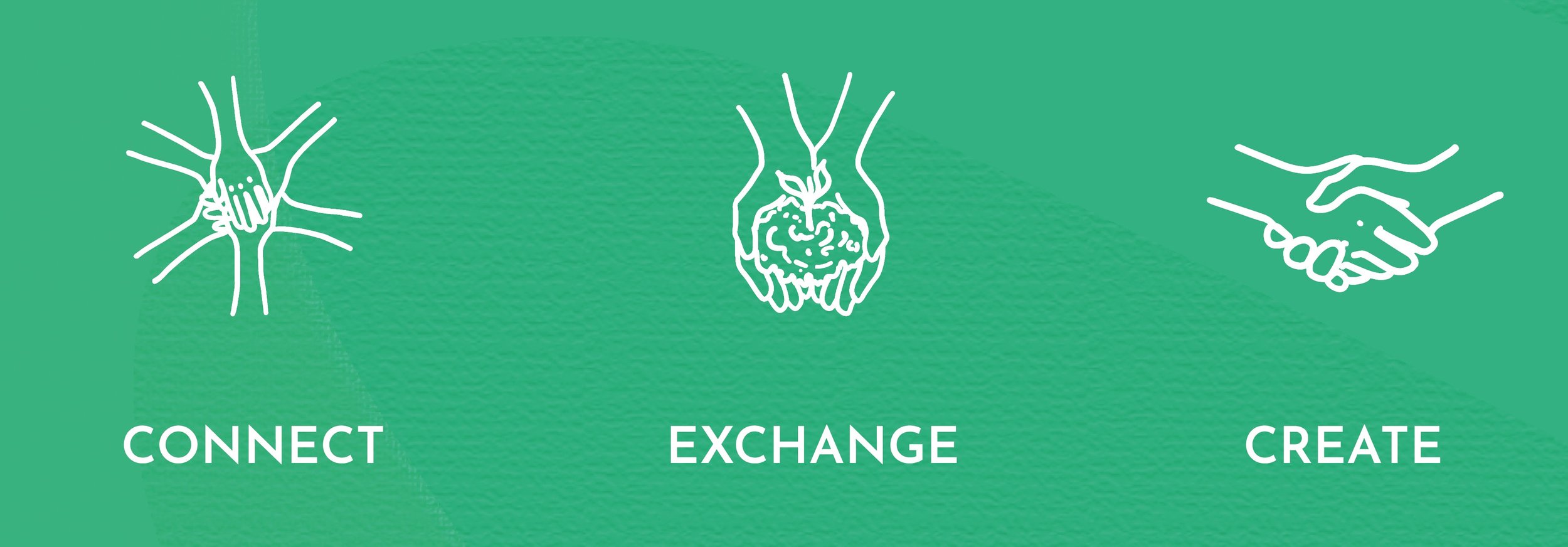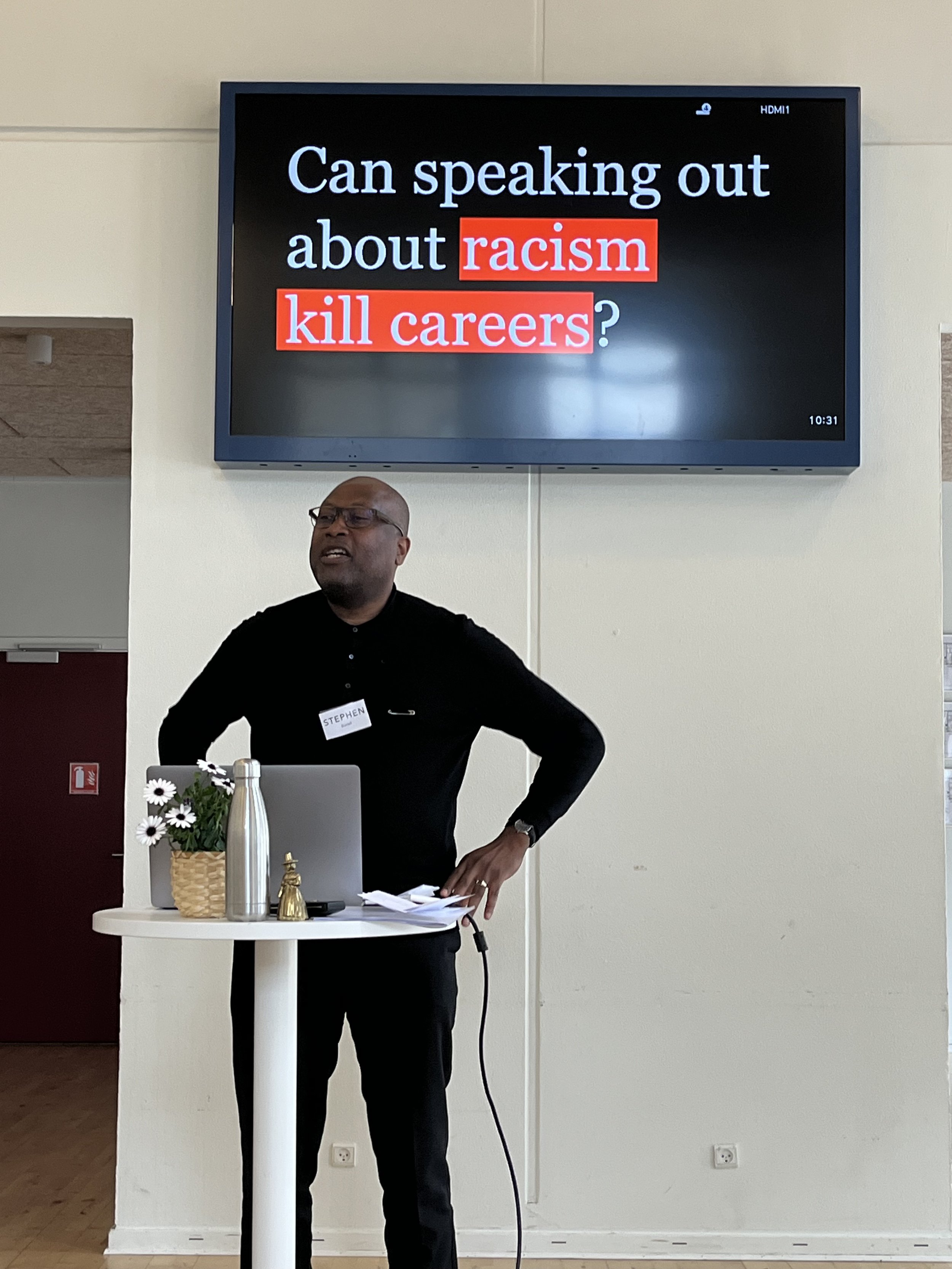DEI was created because marginalised communities have not always had equal opportunities for jobs or felt a sense of belonging in majority-White corporate settings. In 2023, 61% of US adults said their workplace had policies focusing on fairness in hiring, promotions or pay. I have some questions regarding your DEI policies:
Who is formulating the questions?
How are the answers structured?
Who is providing the responses?
And in what emotional state are they responding?



















